The federal government is an active participant in shaping and delivering healthcare policy. The panelists in this session addressed the government’s response to COVID-19 and weighed in on some of the issues that their agencies frequently encountered as medical practices grapple with the new normal.
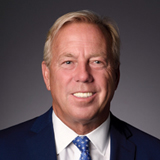
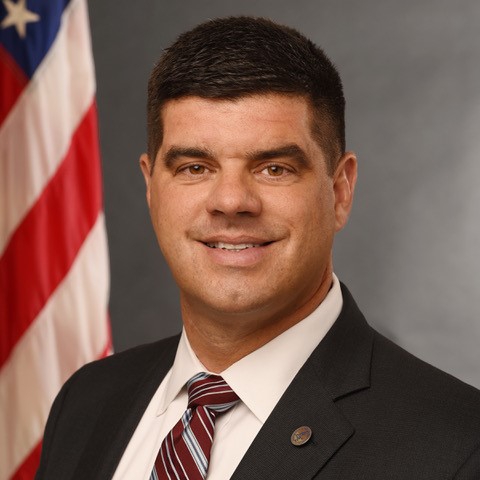
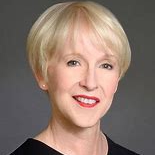
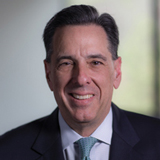
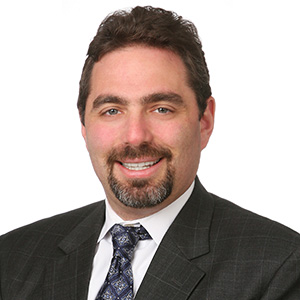
In the introduction to this webcast, Washington and Public Policy, the creator of the series, Burt Zweigenhaft, PhD, D.Litt, Editor-in-Chief, Value-Based Cancer Care; Founder and Co-Chair, Association for Value-Based Cancer Care; Managing Director, Upstream Partners, LLC; and Chair, CureVax, LLC, said, “Since government provides a lot of what happens in this ecosystem,” this discussion is crucial in understanding the crisis in the broad sense.
Jayson Slotnik, JD, MPH, Managing Partner, Health Policy Strategies, moderated the distinguished panel of experts who provided insights from the perspective of agencies that work within or adjacent to the federal government. Mr Slotnik laid down a framework for the session, stating that his goal was to cover what Congress and the administration have accomplished up to this point, and to speculate on which changes will be permanent and which will not after the resolution of the COVID-19 crisis.
Among the thousands of pages of legislation attached to the 4 COVID-19 relief packages that have been passed by Congress so far, there were specific provisions related to healthcare. According to Deborah Kamin, PhD, RN, Vice President, Policy and Advocacy, American Society of Clinical Oncology (ASCO), the financial support and relief packages were “critical elements of what Congress has done.”
Dr Kamin said that regulatory relief has been significant, “We’ve been complaining about administrative burden and regulatory burden for years and this has eased it off a little bit, but this package was really important.” She added that there has also been “confusion and uncertainty around the rules and limits around some of the steps Congress has taken.” She also said that she knows of some medical practices that are returning money that they received for “fear of extensive audits and other kinds of burdens that would be created by accepting the very dollars they needed to keep their operations going.” She noted, however, that “CMS has made accessibility a point.”
Ted Okon, MBA, Executive Director, Community Oncology Alliance, described what Congress has accomplished in making funds available to healthcare providers and in adapting to the unprecedented nature of the crisis as an “Herculean task.” He cited the Paycheck Protection Program loans and the $31 billion earmarked for providers as extraordinarily successful.
Although the pandemic crisis is an unprecedented event, it is “something that folks have been unfortunately been preparing for for a while,” said Former Senior Advisor to Secretary of US Department of Health and Human Services John O’Brien, PharmD, MPH. He added that, in all the disruption of the pandemic, there is nonetheless “an opportunity for the administration to try to keep some of the things that they’d like to see, for example, reducing the burden in prior authorizations and encouraging the use of telemedicine.”
Other topics addressed during the session included the policy of sequestration and how it applies to practices struggling to recover; guidelines released by ASCO pertaining to reopening practices; liability issues for practices; drug pricing policies; the search for vaccines and therapies to fight the coronavirus; the feasibility of delivering certain healthcare drugs or procedures outside of the medical office or clinic; and how to ensure the safety of healthcare providers entering unknown environments.



